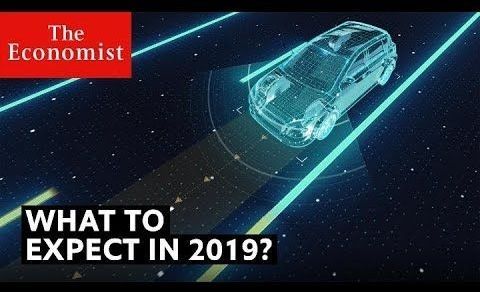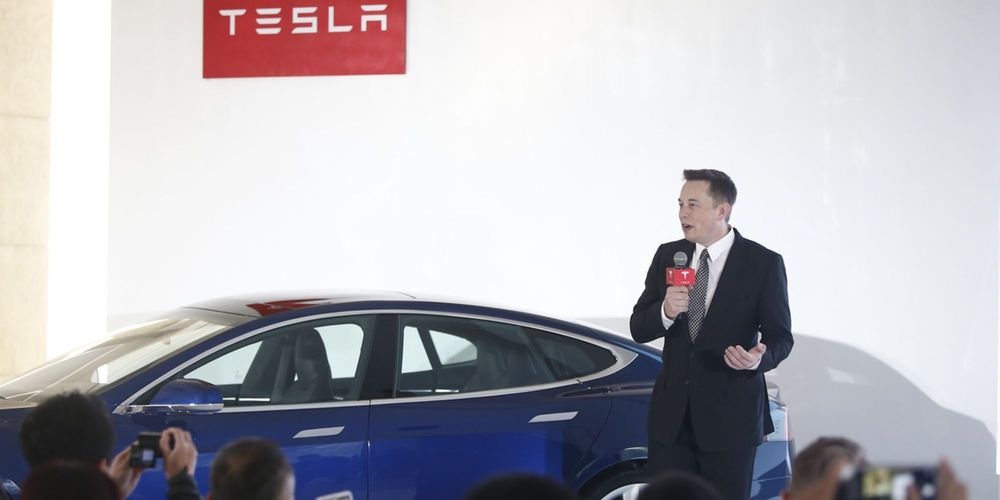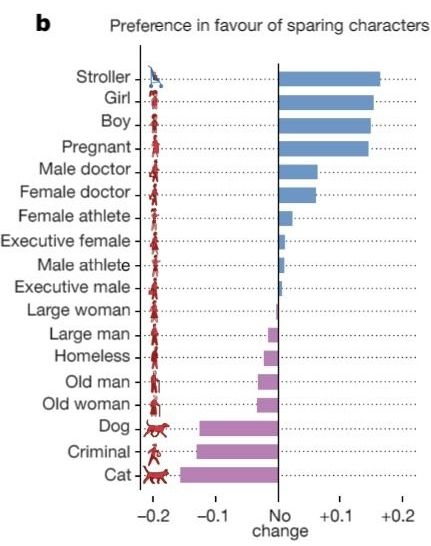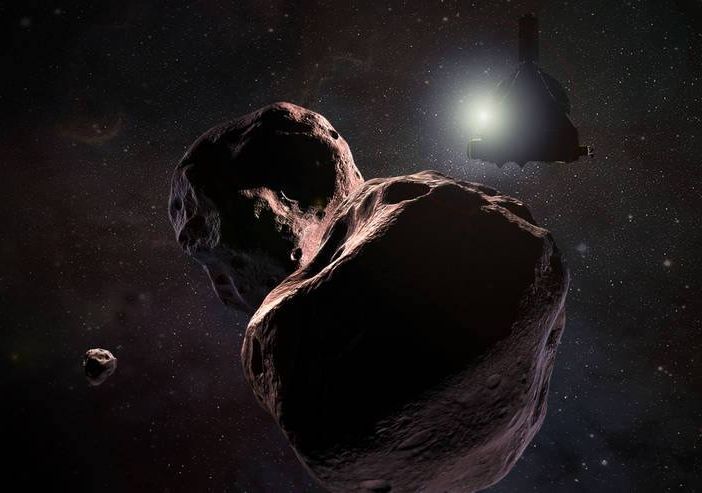Page 9185
Dec 30, 2018
How Can Galaxies Travel Faster Than Light?
Posted by Sidney Clouston in categories: media & arts, space

Get Astronomy tweets here http://twitter.com/DeepAstronomy
Probably my biggest regret when I made the Hubble Deep Field in 3D video is saying the phrase “these galaxies are racing away from us, in some cases faster than light”.
Continue reading “How Can Galaxies Travel Faster Than Light?” »
Dec 30, 2018
We Have a New Understanding of the Rarest Symbiotic Relationship in Nature
Posted by Genevieve Klien in category: biological
Scientists have uncovered the mechanisms between the world’s first known invertebrate endosymbiotic relationship between an algae and a type of salamander.
Dec 30, 2018
“Farout!” Newfound Object Is the Farthest Solar System Body Ever Spotted
Posted by Michael Lance in category: space
A newly discovered pink-colored object is the most-distant body ever observed in the solar system—and the first object ever found orbiting at more than 100 times the distance from Earth to the sun.
The pink-colored object is nearly four times more distant from the sun than Pluto, and hints at the possibility of an as-yet-undiscovered giant planet farther out.
- By Sarah Lewin, SPACE.com on December 18, 2018
Dec 30, 2018
A self-driving car can choose who dies in a fatal crash. These are the ethical considerations
Posted by Michael Lance in categories: ethics, robotics/AI, transportation
Can machines make moral choices?
A massive new survey developed by MIT researchers reveals some distinct global preferences concerning the ethics of autonomous vehicles, as well as some regional variations in those preferences.
The survey has global reach and a unique scale, with over 2 million online participants from over 200 countries weighing in on versions of a classic ethical conundrum, the “Trolley Problem.” The problem involves scenarios in which an accident involving a vehicle is imminent, and the vehicle must opt for one of two potentially fatal options. In the case of driverless cars, that might mean swerving toward a couple of people, rather than a large group of bystanders.
Dec 30, 2018
#UltimaThule is an icy rock located ~1 billion miles past Pluto in the Kuiper Belt
Posted by Michael Lance in category: space
On #NewYearsEve, our New Horizons spacecraft will fly within 2,220 miles of this object, providing the first close-up look at such a pristine building block of the solar system. Get the latest update: http://pluto.jhuapl.edu/
Dec 30, 2018
What will be the biggest stories of 2019? | Part One | The Economist
Posted by Derick Lee in categories: economics, health, law enforcement, robotics/AI, sex, transportation, wearables

Power suits, robotaxis, Leonardo da Vinci mania—just a few of the things to look out for in 2019. But what else will make our top ten stories for the year ahead?
Click here to subscribe to The Economist on YouTube: https://econ.st/2xvTKdy
Continue reading “What will be the biggest stories of 2019? | Part One | The Economist” »
Dec 29, 2018
Donald Trump has ordered the Pentagon to create the US Space Force
Posted by Michael Lance in categories: military, space
The Space Force would constitute the sixth branch of the US armed forces.
The news: During a meeting with the National Space Council today, President Donald Trump directed the Department of Defense and the Pentagon to begin work on the creation of the Space Force. He stated, “‘We are going to have the Air Force and we’re going to have the Space Force, separate but equal.”
Some background: This isn’t the first time Trump has brought up this idea. He has continued to express interest in the idea during visits to West Point and in speeches to military members.
Continue reading “Donald Trump has ordered the Pentagon to create the US Space Force” »
Dec 29, 2018
Underwear You Can Wear For Weeks at a Time Without Smell Is Finally Here, Start-Up Claims
Posted by Shane Hinshaw in category: futurism
2019 is off to a great start.
A Danish startup called Organic Basics claims its underwear will remain fresh through weeks of wear, eliminating the need for frequent washing.
And this could be a boon for the environment — if it’s actually true.
Dec 29, 2018
Artificial neurons compute faster than the human brain
Posted by Paul Gonçalves in category: robotics/AI
A computing system that mimics neural processing could make artificial intelligence more efficient — and more human.
















